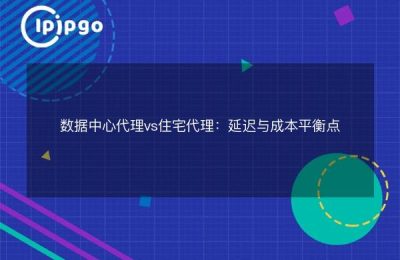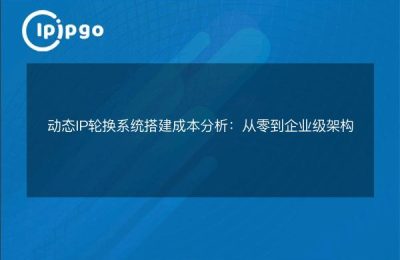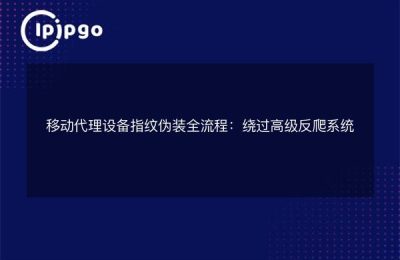
When conducting questionnaire surveys, we often encounter a tricky problem: the recurrence of a certain IP address. This situation may affect the accuracy of the survey results and may even lead to distorted data. So why exactly does this happen?
First of all, IP addresses are duplicated for a variety of reasons. It could be because the same person submits the questionnaire multiple times in an attempt to influence the results of the survey; or it could be because multiple users share the same network, resulting in duplicate IP addresses. In either case, solving this problem requires us to take some effective measures.
Application of technological tools
In order to avoid IP address duplication, we can use some technical means to control it. Here are a few common methods:
1. Use of cookies
Cookies are small data files stored in a user's browser that can be used to record a user's access behavior. By setting cookies, we can record a user's visit the first time they submit a questionnaire. The next time they try to submit, they can check the cookies to determine if they have already submitted.
function checkCookie() {
var user = getCookie("submitted");
if (user != "") {
alert("您已经提交过问卷了!");
return false;
} else {
setCookie("submitted", "yes", 365);
return true;
}
}
function setCookie(cname, cvalue, exdays) {
var d = new Date();
d.setTime(d.getTime() + (exdays*24*60*60*1000));
var expires = "expires="+ d.toUTCString();
document.cookie = cname + "=" + cvalue + ";" + expires + ";path=/";
}
function getCookie(cname) {
var name = cname + "=";
var ca = document.cookie.split(';');
for(var i = 0; i < ca.length; i++) {
var c = ca[i];
while (c.charAt(0) == ' ') {
c = c.substring(1);
}
if (c.indexOf(name) == 0) {
return c.substring(name.length, c.length);
}
}
return "";
}2. IP address records
Another method is to directly record the IP addresses that submitted questionnaires and compare them in the database. If it is found that an IP address has already submitted a questionnaire, it is rejected from submitting it again. This method is effective but has its limitations, such as when multiple users share the same IP address.
import sqlite3
def check_ip(ip_address).
conn = sqlite3.connect('survey.db')
cursor = conn.cursor()
cursor.execute("SELECT * FROM submissions WHERE ip=?" , (ip_address,))
data = cursor.fetchone()
conn.close()
if data.
return False
return True
def record_submission(ip_address):
conn = sqlite3.connect('survey.db')
cursor = conn.cursor()
cursor.execute("INSERT INTO submissions (ip) VALUES (?)" , (ip_address,))
conn.commit()
conn.close()Humanized design
In addition to technical means, we can also reduce the recurrence of IP addresses through some humanized design. For example, on the questionnaire submission page, users are clearly informed that each IP address can only submit the questionnaire once. This not only reminds users to follow the rules, but also improves their participation experience.
In addition, we can also set up some reward mechanisms, such as each unique submission has a chance to get a small gift or a lottery qualification. This approach not only attracts more users to participate, but also effectively reduces repeated submissions.
Tips for analyzing data
Even with all the measures taken, sometimes duplicate IP addresses are still inevitable. At this point, we can identify and process these duplicates through data analysis methods.
For example, we can analyze multiple dimensions such as submission time and answer content to determine whether multiple submissions from a certain IP address are the same person. If it is found that an IP address has made multiple submissions within a short period of time and the content of the answers is highly similar, the data can be labeled as duplicate data.
import pandas as pd
def detect_duplicates(data): data['submission_time'] = pd.to_datetime(data['submission_time'])
data['submission_time'] = pd.to_datetime(data['submission_time'])
data = data.sort_values(by=['ip', 'submission_time'])
data['time_diff'] = data.groupby('ip')['submission_time'].diff().dt.total_seconds()
duplicates = data[(data['time_diff'] < 60) & (data['answers'].duplicated())]
return duplicatessummarize
The problem of recurring IP addresses in questionnaire surveys is tricky but not insurmountable. Through technical means, humanized design and data analysis, we can effectively reduce the occurrence of this situation and ensure the accuracy of the survey results. I hope this article can provide you with some useful references to help you conduct better questionnaire surveys.








